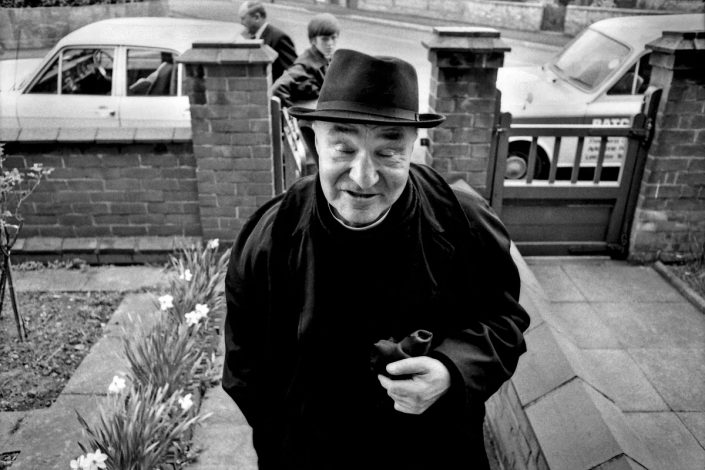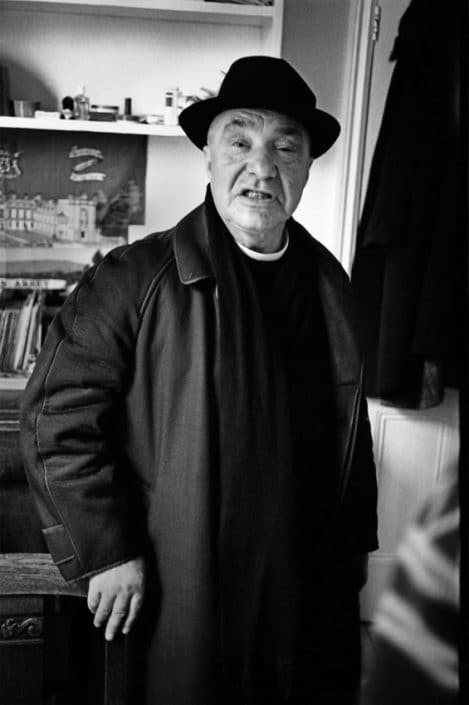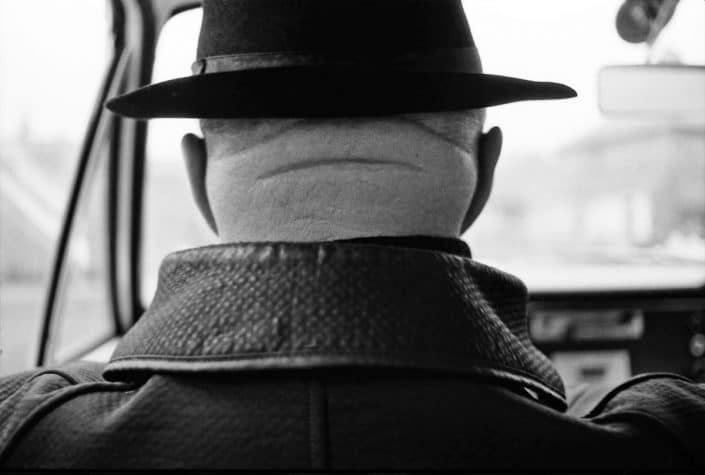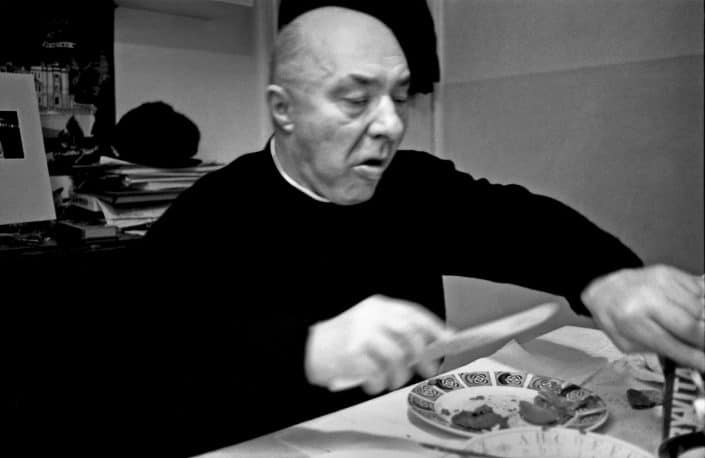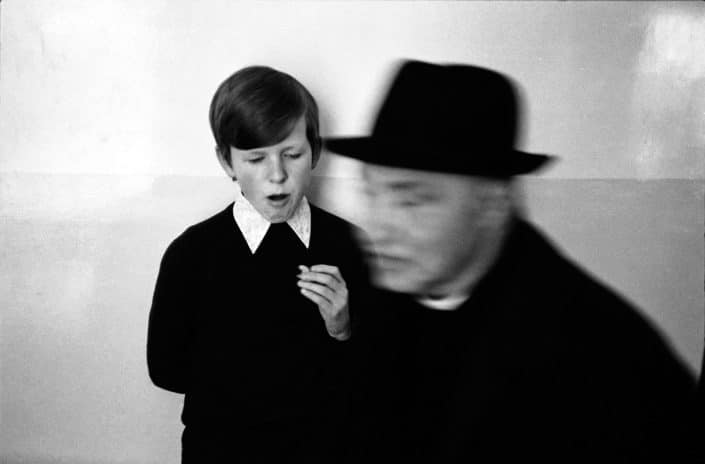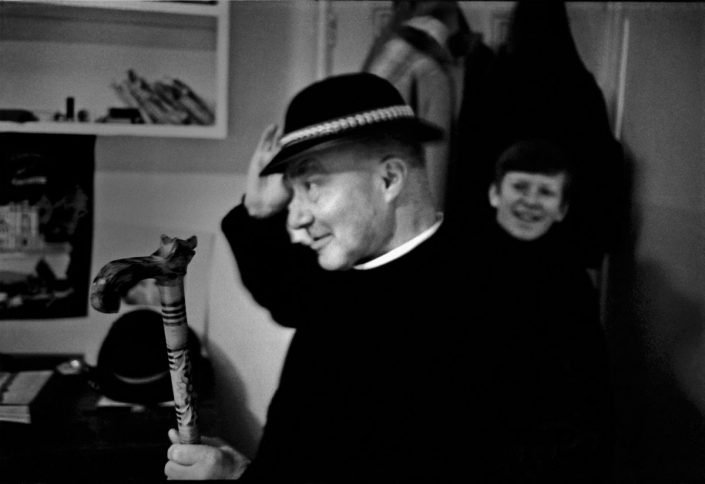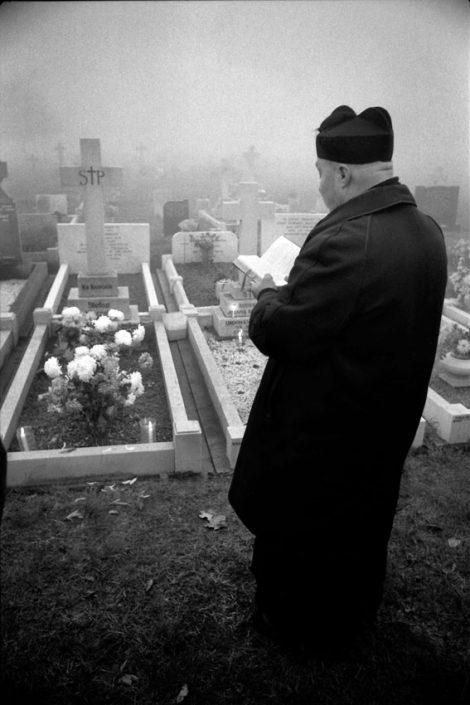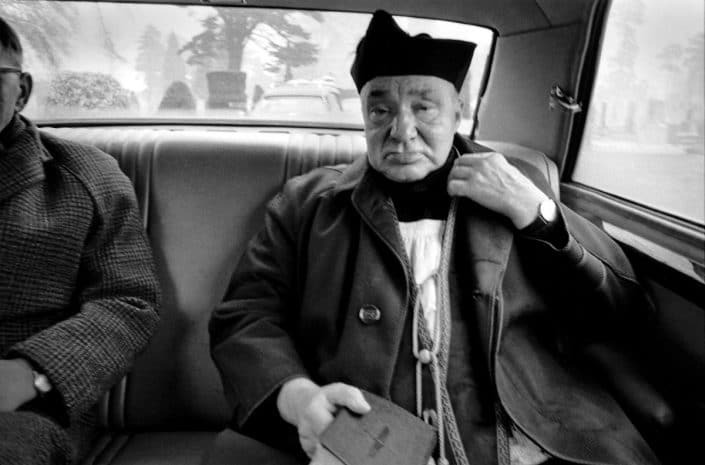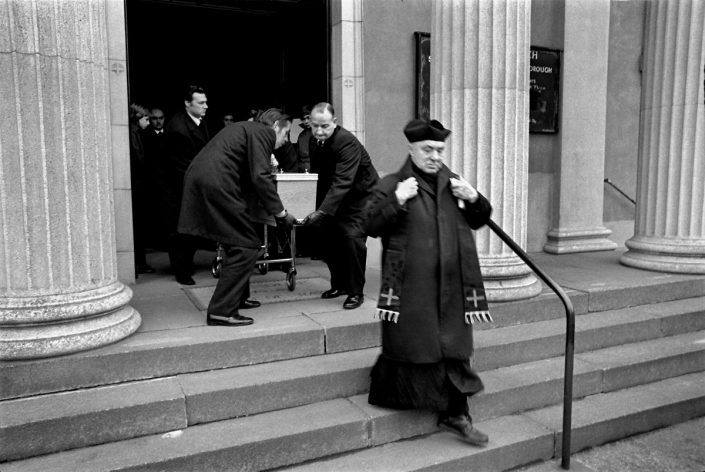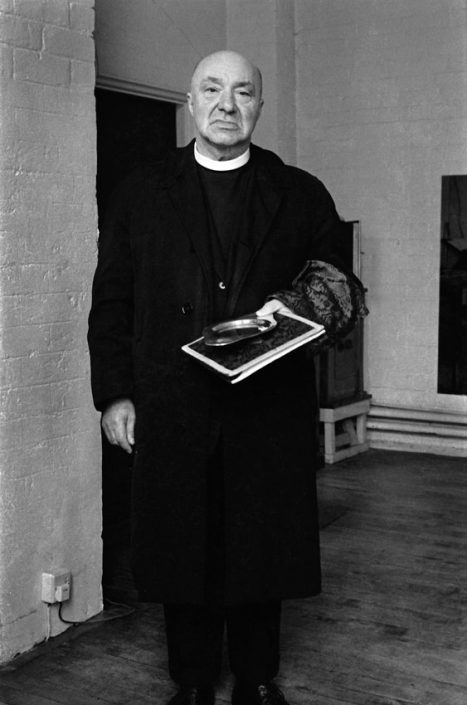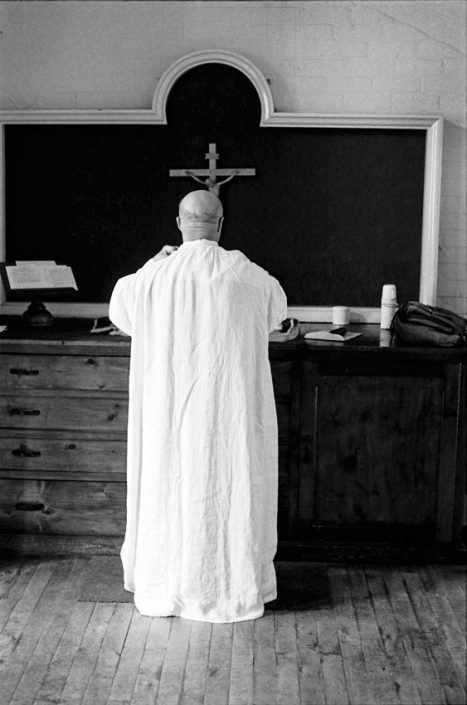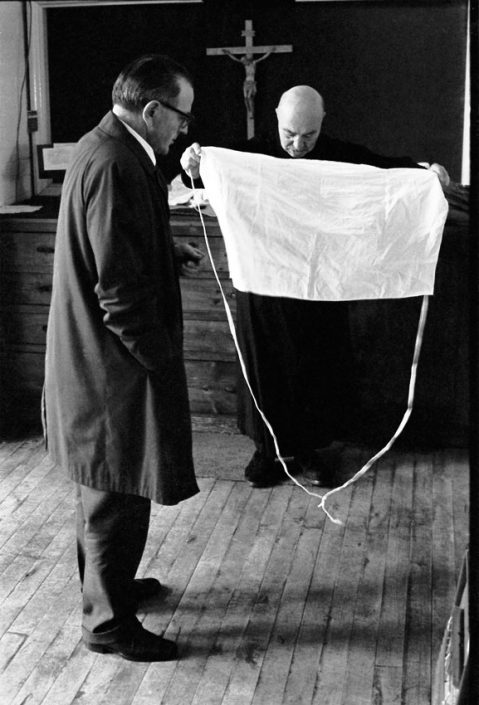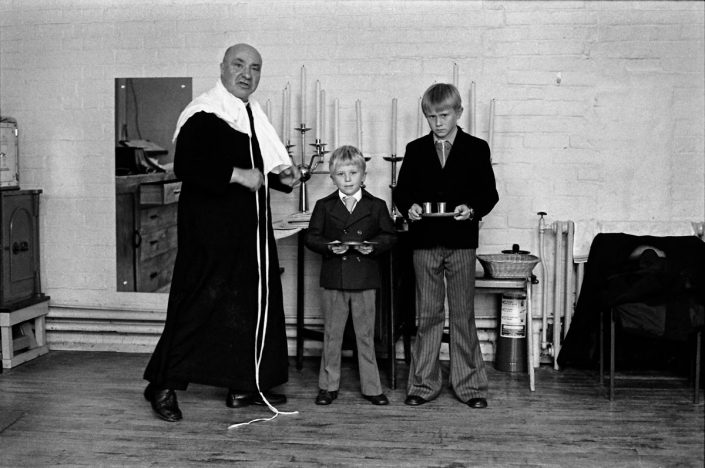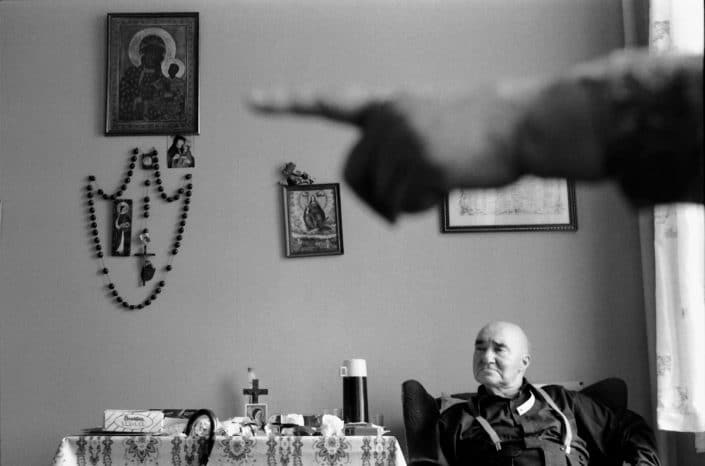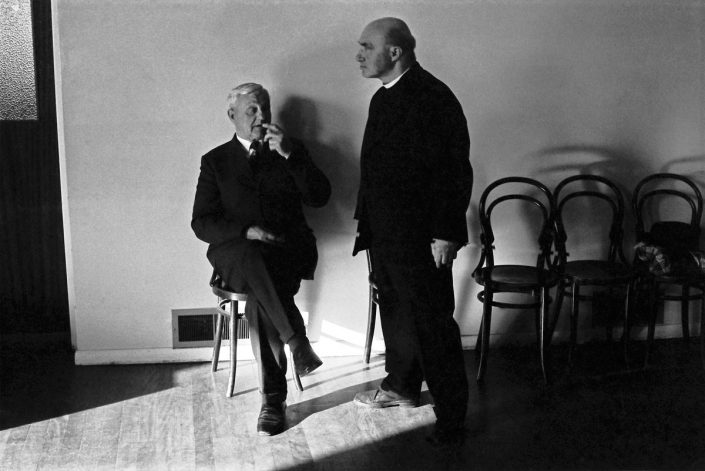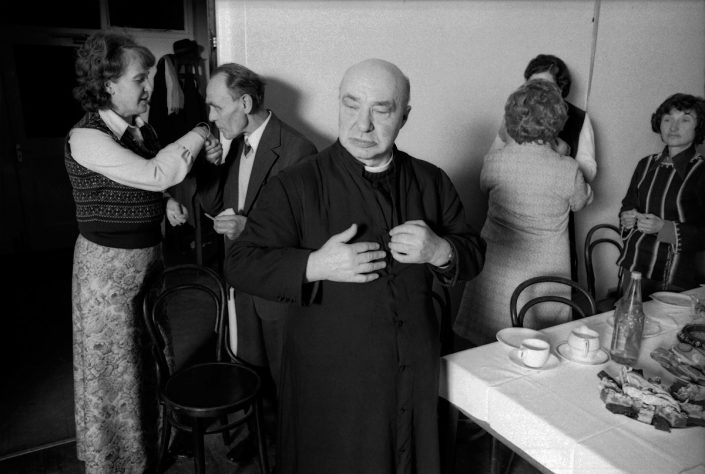The Priest
Loughborough’s Polish priest Father Juliusz Kaczorowski was born in 1909 in Rzeszów, south-east Poland. He graduated from Lwów Seminary, studied at the Theological Faculty of the Jan Kazimierz University in Lwów, and was ordained a priest in 1932. He was vicar of a parish and a religion teacher in Stanisławów and was there at the time of the Soviet occupation at the outbreak of World War II.
Read More
Father Kaczorowski was arrested by the Soviets in 1940 during an attempt to cross the border with Romania. He was convicted of counter-revolution, sentenced to five years in a corrective labour camp, and sent to the Workutłag camp in Vorkuta, one of the Gulag’s more notorious forced labour camps in the Arctic Circle.
He regained his freedom in February 1942 (under the Sikorski-Majski agreement of July 30, 1941), after which he volunteered for the formation of the Polish Army in the USSR, led by General Władysław Anders, and became a chaplain in its ranks. After the evacuation of the army in 1943, he served as a confessor in the Polish refugee camp in Tehran, and later in a medical clinic. Together with the 2nd Polish Corps, he travelled through the Middle East to Italy. He took part in the Italian campaign, including the fierce battle at Monte Cassino.
After the war, he remained in exile in Great Britain and served in local parishes. In 1947 he served in Hardwick, and from 1948 in Forest Town, Nottinghamshire. From 1948 to 1962 he was the prelate of the parish priest of the Polish parish in Mansfield and the area, before moving to Loughborough. He retired in 1984.
He died on May 18, 1988 and was buried in the cemetery at Laxton Hall.
Decorations
- Golden Cross of Merit (November 11, 1967) Polish civilian state decoration.
- Silver Cross of Merit with Swords.
- Memorial Cross of Monte Cassino.
- Medal of the Army (Polish military decoration).

